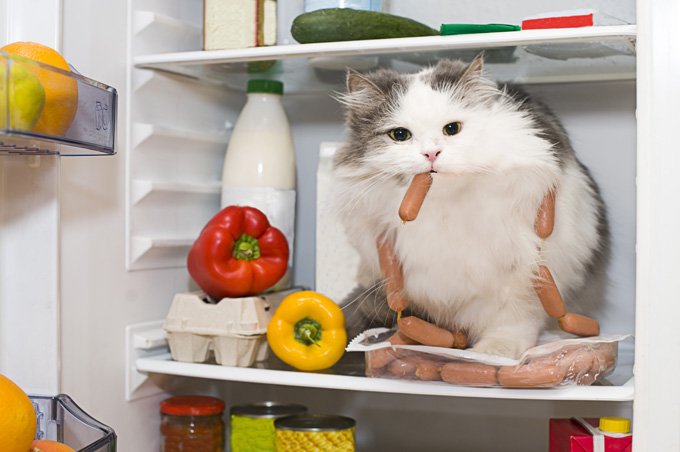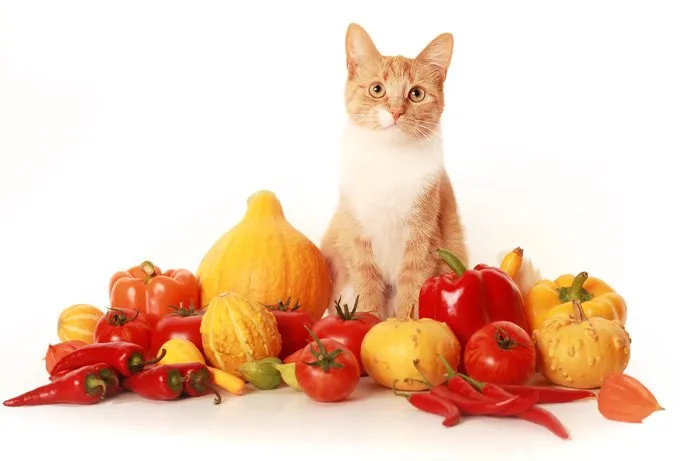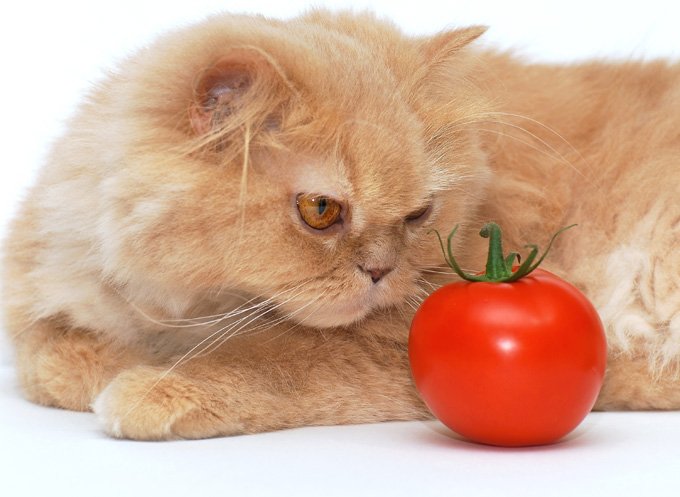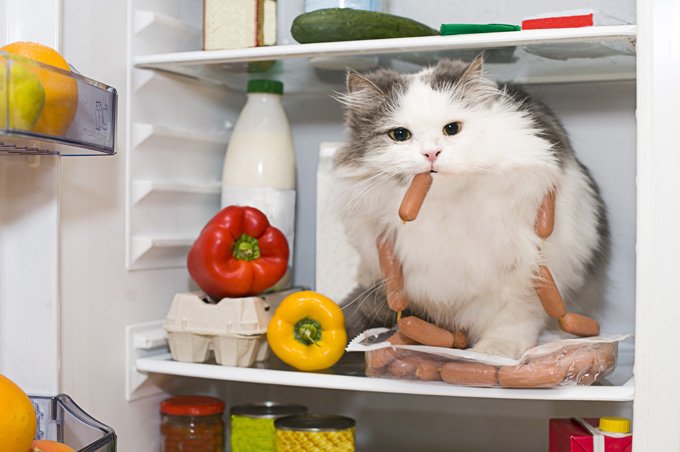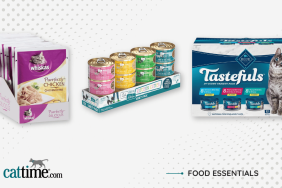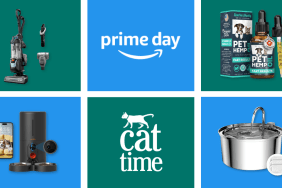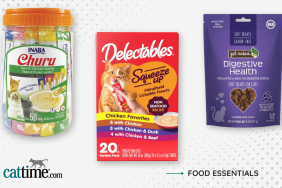(Photo Credit: Shutterstock)
Some people turn to vegetarian and vegan diets due to health concerns or food preferences. But even if you decide that a vegan diet is right for you, it’s definitely not right for the feline member of your family. Cats are natural carnivores and need protein in their diet. Here’s why.
Cats are Obligate Carnivores
Cats are obligate carnivores, sometimes referred to as “strict carnivores.” This doesn’t just mean that cats simply prefer eating meat. An obligate carnivore depends on nutrients found in animal flesh to survive. This is why dogs can often go on a vegan diet and thrive, while cats cannot. Dogs are omnivores, while cats are strictly carnivores.
Cats didn’t evolve to efficiently digest vegetable matter. For example, one type of enzyme needed to digest carbohydrates is completely missing from a cat’s digestive system. Their metabolism also requires high amounts of protein and can’t synthesize certain nutrients on its own, like retinol, taurine, and arginine. A cat has to eat meat in order to get these nutrients.
Cat Food Can Substitute Some Essential Nutrients
So why do we still see vegetables listed on cat food, like canned cat food that reads: “Chicken and Brown Rice”? This is because some of the nutrients that cats need from protein can be artificially synthesized and included with vegetables in cat food. This doesn’t mean, however, that you can feed your cat an all-grain diet. Cats need protein! When the level of carbohydrates in a cat’s diet gets too high, their ability to digest protein also decreases. And because their colons are so short, cats have a tougher time using carbs for energy, unlike humans.
What Happens When a Cat is Fed a Grain-Based Diet
Your cat can experience a lot of health problems if it’s fed a grain- or vegetable-only diet. For example, after five months, she can develop a taurine deficiency. This can lead to all sorts of widespread health problems, including retinal degeneration and heart issues.
Cats fed a grain or vegetable diet can also run low on other essential amino acids, like methionine and cysteine. Deficiencies can lead to poor growth and nose and mouth problems. This can even happen with homemade diets that are too high in grains or vegetables. Cats can also develop vitamin deficiencies from vegan diets, leading to liver failure and stomach issues.
Watch Your Cat Food’s Labels
What does all this mean for the average cat owner? Well, first of all, you shouldn’t switch your cat to a homemade vegan or raw vegetable diet. Even if you feel these diets are helping your health, they definitely won’t help your cat’s health! You should also closely read all labels on cat food. Just because a bag of cat food says “Chicken!” on the front doesn’t mean it has that much chicken in it. In fact, some labels may actually list grain and other products first. Look for dry cat food that has a protein as the first listed ingredient and canned cat food that has protein as a higher percentage of the total ingredients. If you have any specific questions about the type of food you’re using, talk to your vet. He’ll be able to recommend what types of food are best for your cat’s health.
Not only is a diet high in protein better for your cat overall, but it can also help your cat keep off extra weight and stay more energetic! And the healthier your cat is, the happier both you and your cat will be.
